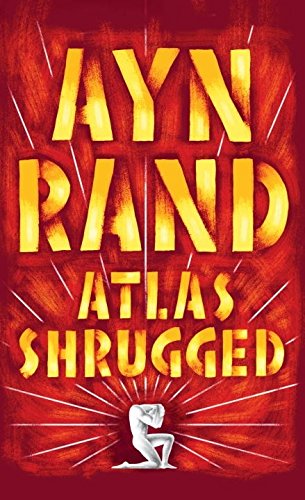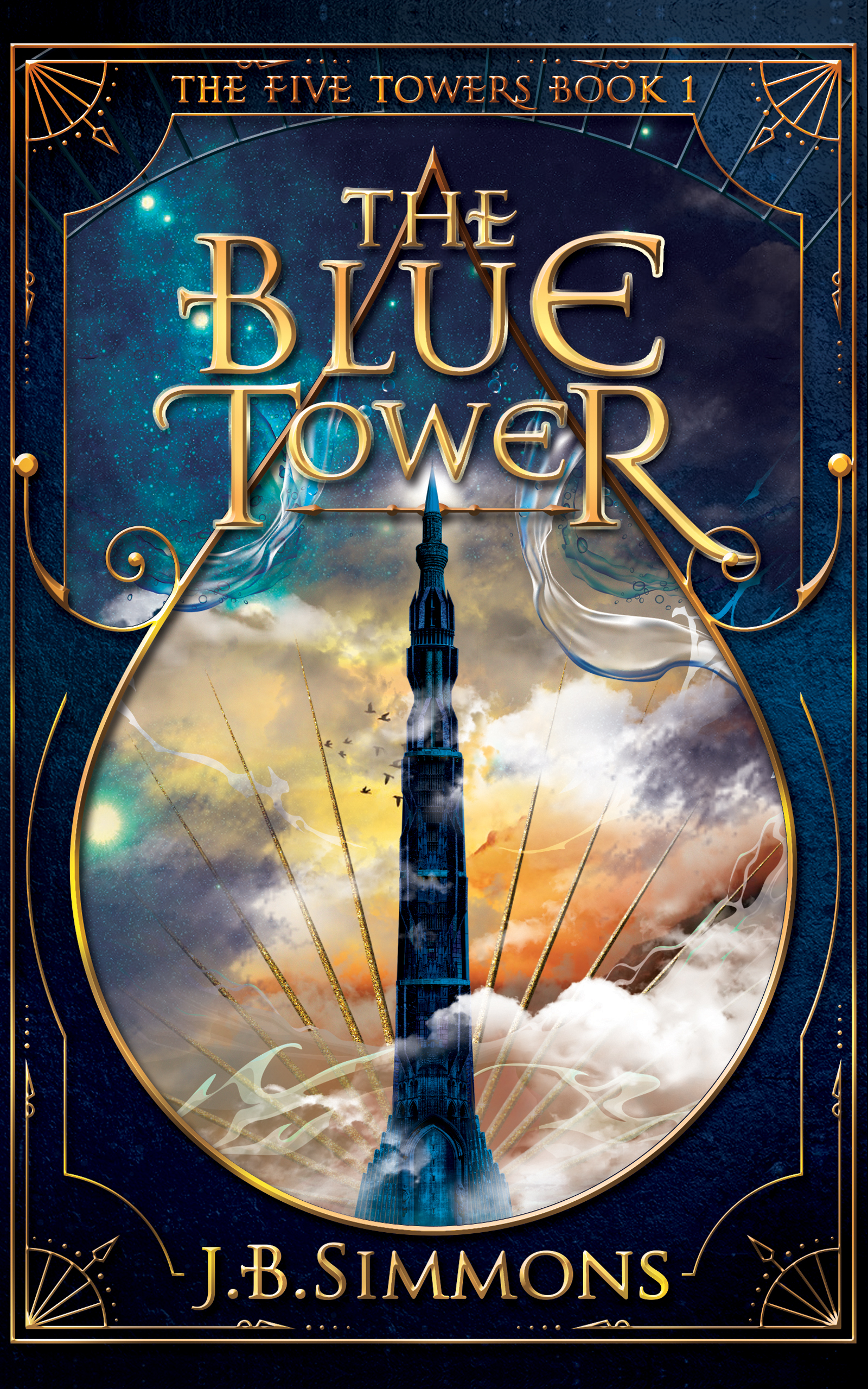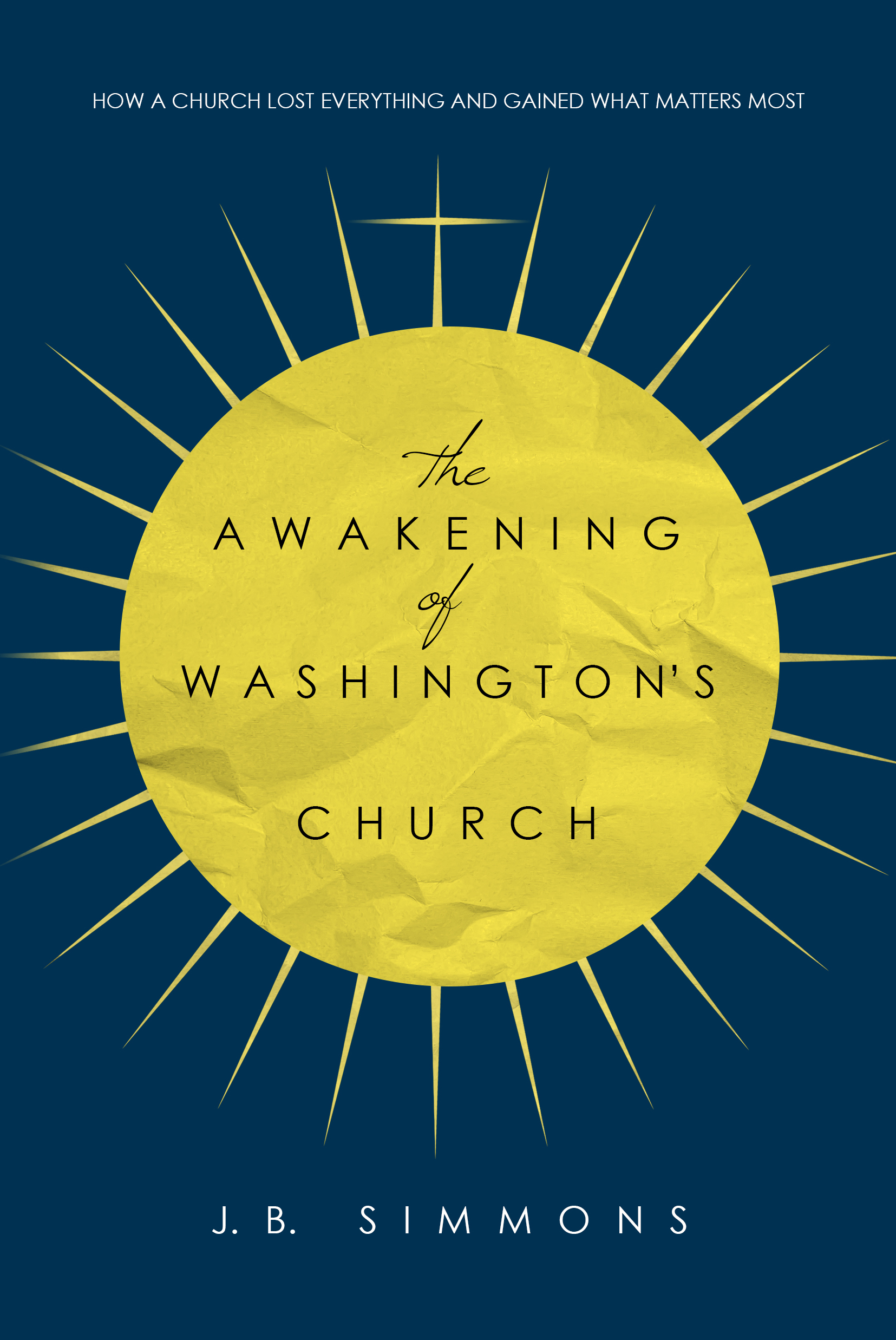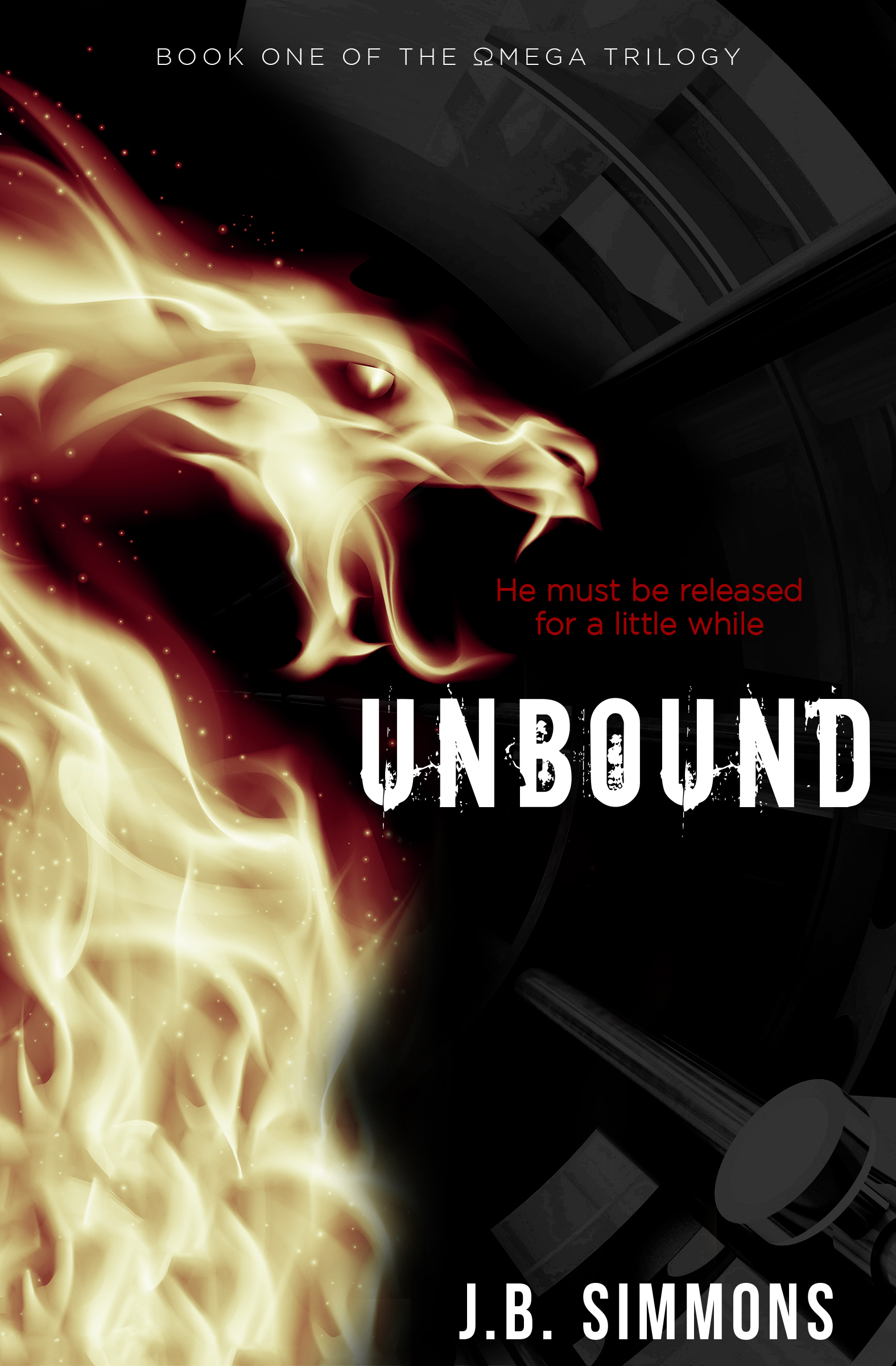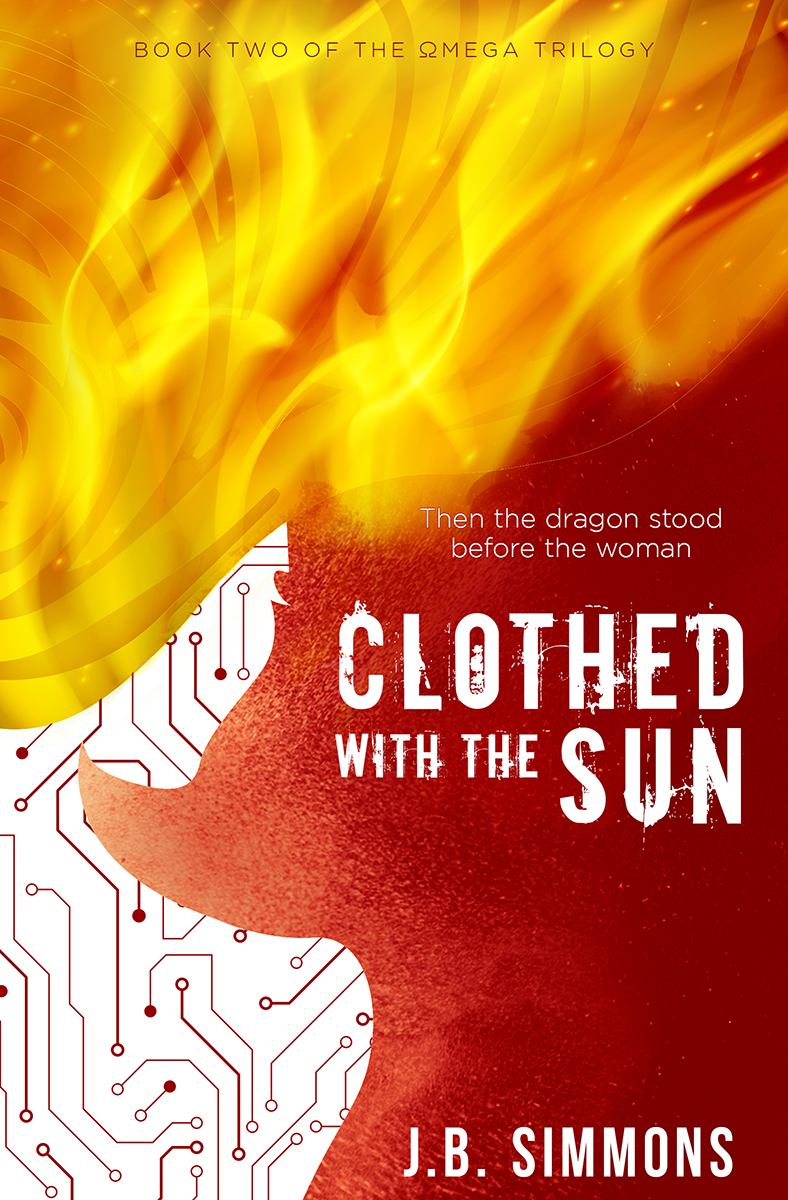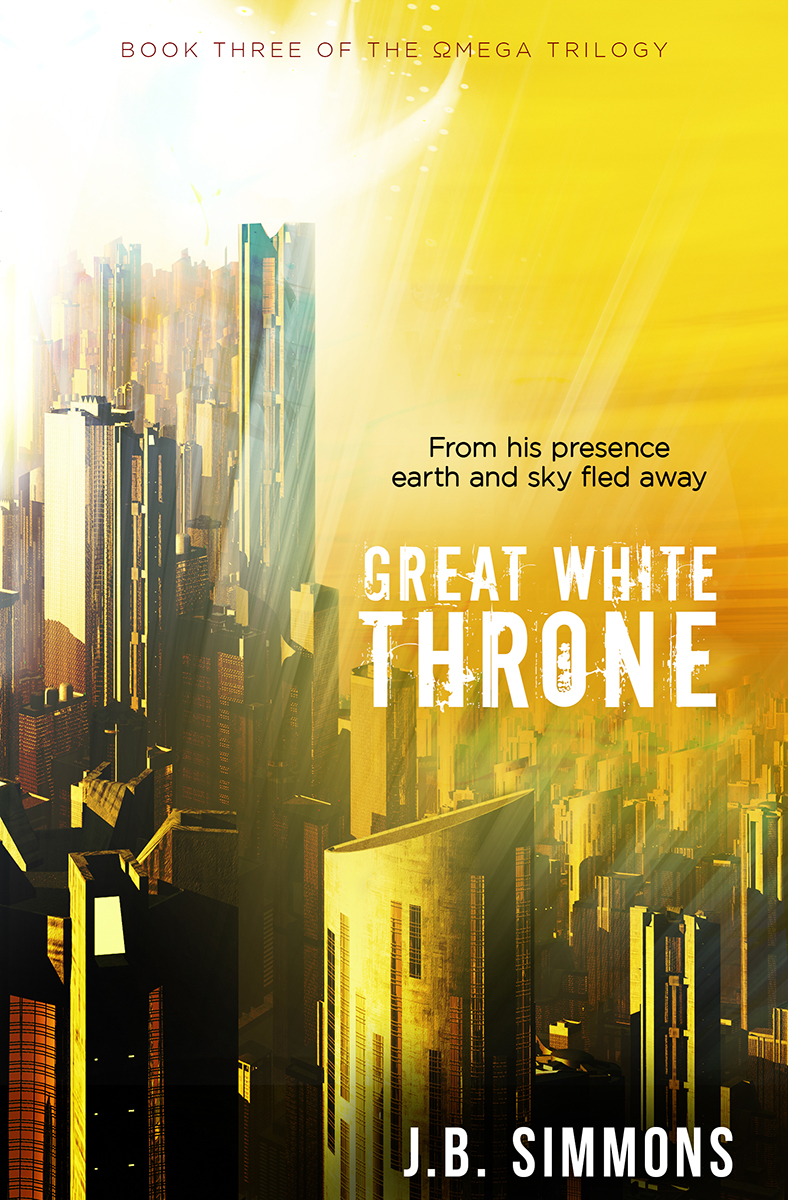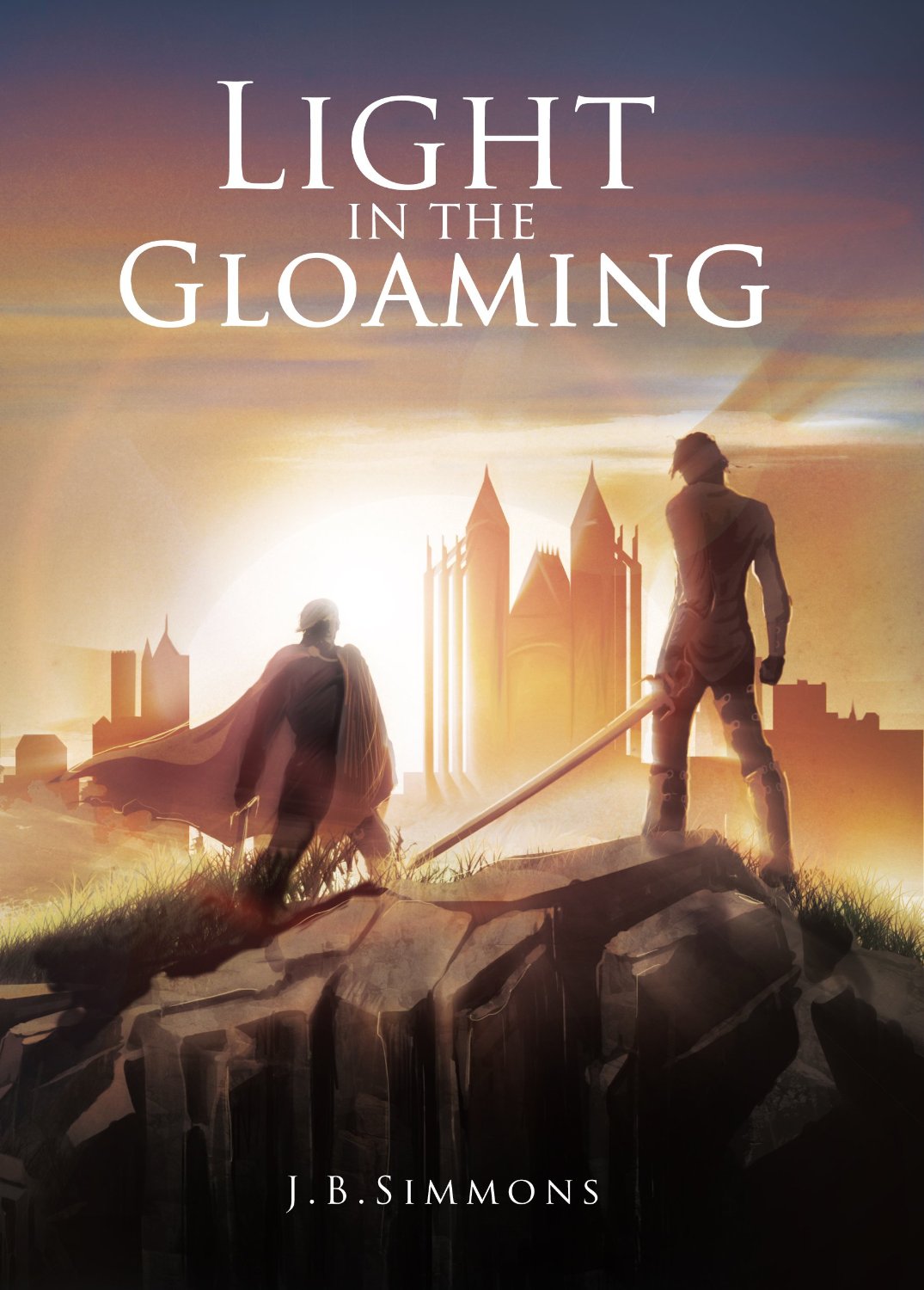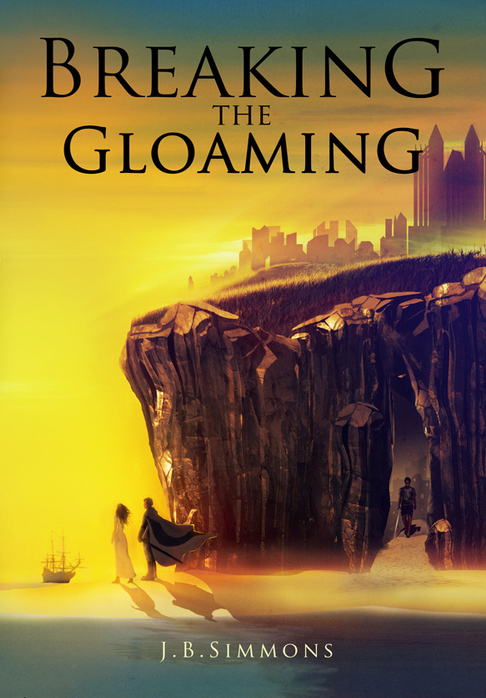Reading A 1,000-Page Book Is Like Running A Marathon
/When was the last time you read a book over 1,000 pages? I mean really read it. Not skimming, reading parts, or cramming with cliff notes before a test. I bet it has been a long time, if ever.
There’s no judgment here. There’s just this: we’re more distracted than ever, so reading a long book has become a monumental task. It’s harder than running a marathon, in my opinion, and I’ve done both. In fact, I might even invent a new bumper sticker like those ubiquitous white circles with the bold, black numbers “26.2”—except this one will say: “1,000+”. Here’s how to join the club, and why you should.
My 1,000-page paperback, frayed like a pair of running shoes. It earned that wear and tear.
1. Pick the right 1,000-page book
It’s tough to find a book this long. Most authors can’t stomach the effort required to write it, and only the bravest publishers are willing to invest the paper to print it. Even notorious door-stoppers like Bleak House, The Brothers Karamozov, and The Pillars of the Earth do not cross the millennium mark.
Once you do find qualifying books, you must take great care in picking the right one. You could go with a Russian classic like Tolstoy’s War and Peace or something that tears the hearts out of modern literary critics, like David Foster Wallace’s Infinite Jest. But unless you have other 1,000-page books under your belt, starting with those is probably a bad idea. It’s like skipping the marathon and going straight to the Iron Man Triathlon. Better to start more reasonable.
Let me give you three recommendations, based on what I’ve read in recent years: The Stand by Stephen King, Atlas Shrugged by Ayn Rand, and Cryptonomicon by Neal Stephenson.
I’ve written about The Stand and its surprising spiritual truths elsewhere on this blog. Suffice to say here that if you’re brave enough to read one book by America’s rockstar author, this should be the one. I also won’t tackle Atlas Shrugged in this post. Just google it if you have questions about my Rearden steel bracelet.
You may not have heard of Cryptonomicon, but it’s a perfect example of why a book over 1,000 pages can actually be worth the time. It was published in 1999 and quickly became required reading for several Silicon Valley start-ups. The thriller encapsulates Neal Stephenson’s zany, smart, and wildly entertaining style. The book might even teach you something about WWII history, cryptocurrency, love, and family legacy.
The blurb for Cryptonomicon calls it a “breathtaking tour de force.” I agree, and I think that’s the baseline for any 1,000-page book to be worth the time. It must be the product of a big, genius brain. It must have such depth and intricacy that all those pages were needed.
2. Don’t give up on the 1,000-page book
Once you have picked your book—your starting line for joining the 1,000+ club—it’s time to run the race. It might be more daunting than 26.2 miles. But you can do this. You’ll have to spend some time **gasp** separated from your phone. If you can’t bear that, at least turn off your notifications so you can focus on your reading app. Here are some lessons from running a marathon that can help you get to the finish line.
First, start slow. If you try to read the tome in single sitting, you will fall asleep and lose friends. You have to recognize what you’re up against—a very long race. It’s okay if you read only one chapter today and, based on that pace, you think it’s going to take you two years. It’s okay to start slow. Save some energy. You can always speed up later. (Confession: this is what I’m telling myself now that I’m stuck somewhere in the middle of Brandon Sanderson’s The Way of Kings.)
Second, find a rhythm. The beauty of a worthwhile door-stopper novel is that it picks up pace as it goes. Disparate threads begin to weave together. Halfway through Cryptonomicon I started finding myself wanting to read more and more. It took months but I found a good rhythm. Fifty pages here. Fifty pages there. Now we’re running.
Third, enjoy the final sprint to the finish. This is where the longest epics become the most fun. In a marathon, the crowd is cheering you on. You can see the finish line. With a book, the stack of remaining pages in your right hand grows thinner and thinner. You might not have a crowd behind you, but you have the characters in front of you. You know them now. After 999 pages, you really know them. They beckon you to finish strong. They make those final pages fly. Run hard and break the tape across the finish line.
3. Take due pride in finishing
Let’s get back to that “26.2” bumper sticker. Why do people put them on their cars? Probably for the same reason that others mock them with their “0.0” stickers. Marathons are hard. You have to be a little crazy to try it. But anyone who put in the time and effort to train the body to run that far can justifiably can take some pride in finishing the race. The “26.2” sticker not only reflects that pride, but it also signals to other runners, “Hey, I did it, too.” People can bond over accomplishing the same feat.
Just as you train your body, you can train your mind to go great distances. So, read a 1,000-page novel and get that “1,000+” bumper sticker. Your brain and your soul will thank you. You can go forth and do deep, meaningful work with confidence. You can also tell a friend, “Hey, I just read this awesome, super-long book. Would you read it too, so we can talk about it?” That’s the kind of conversation that would make the world a better place.
I’m still patting myself on the back after Cryptonomicon. I’m icing my knees, re-fueling, talking with friends about it. But I’m also eyeing the next race. Any recommendations?



